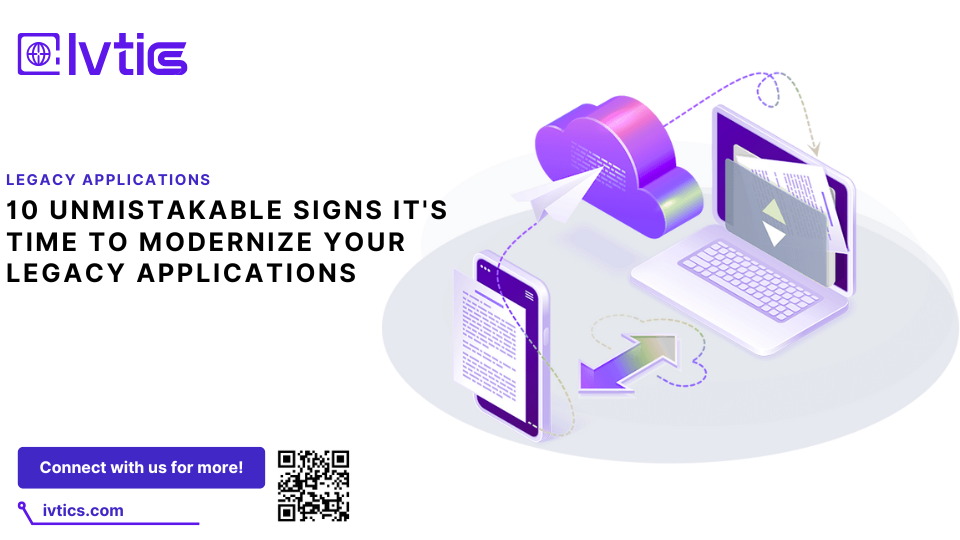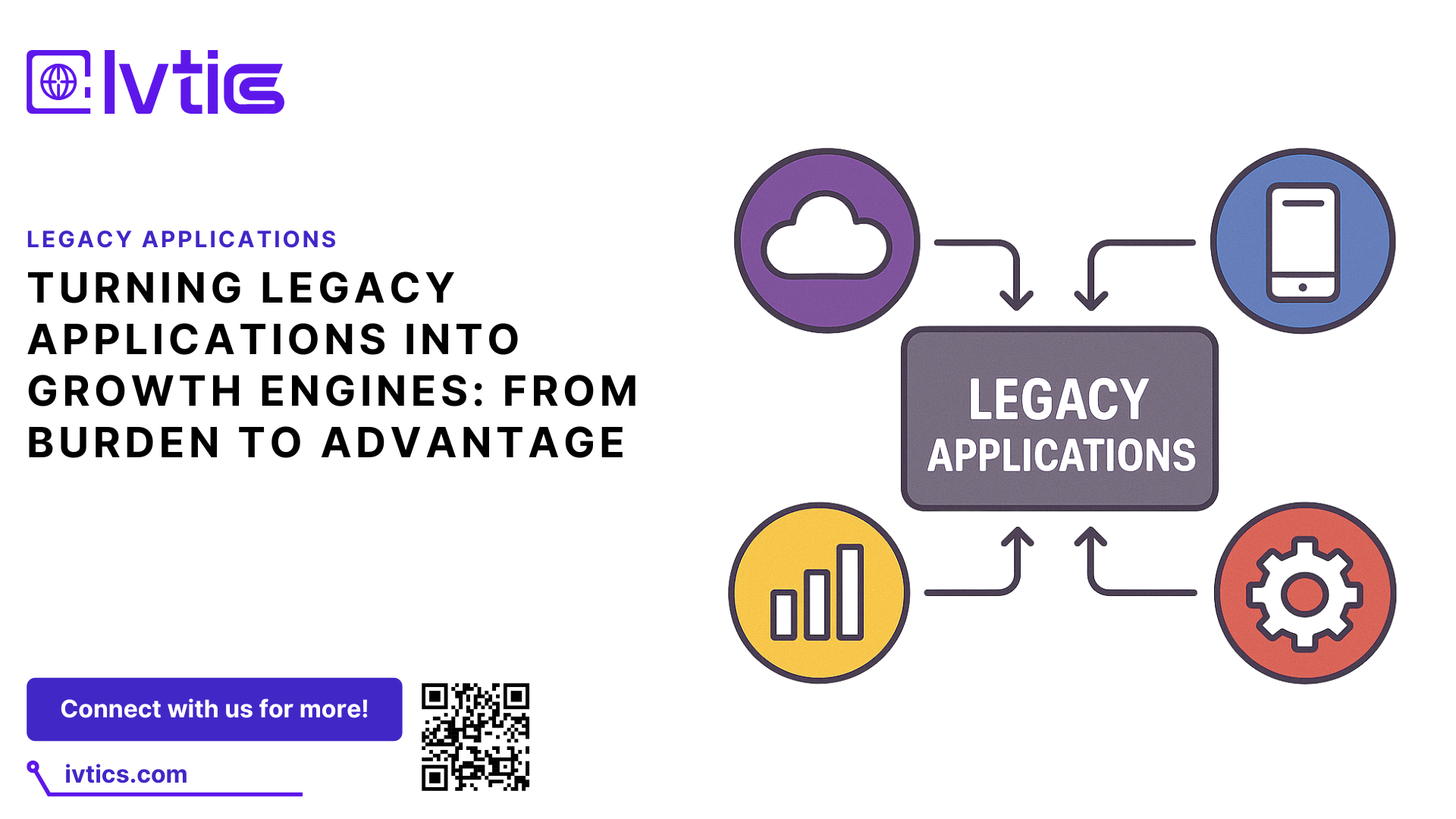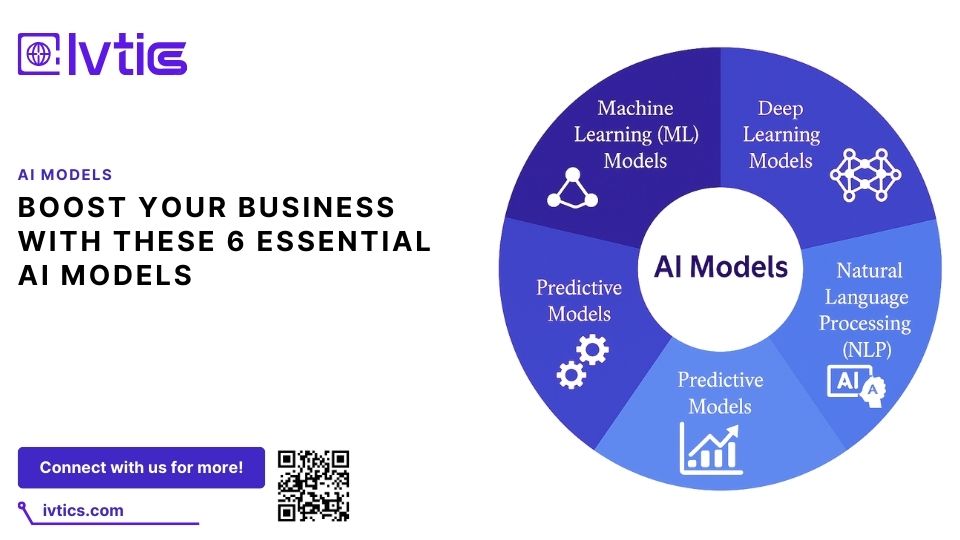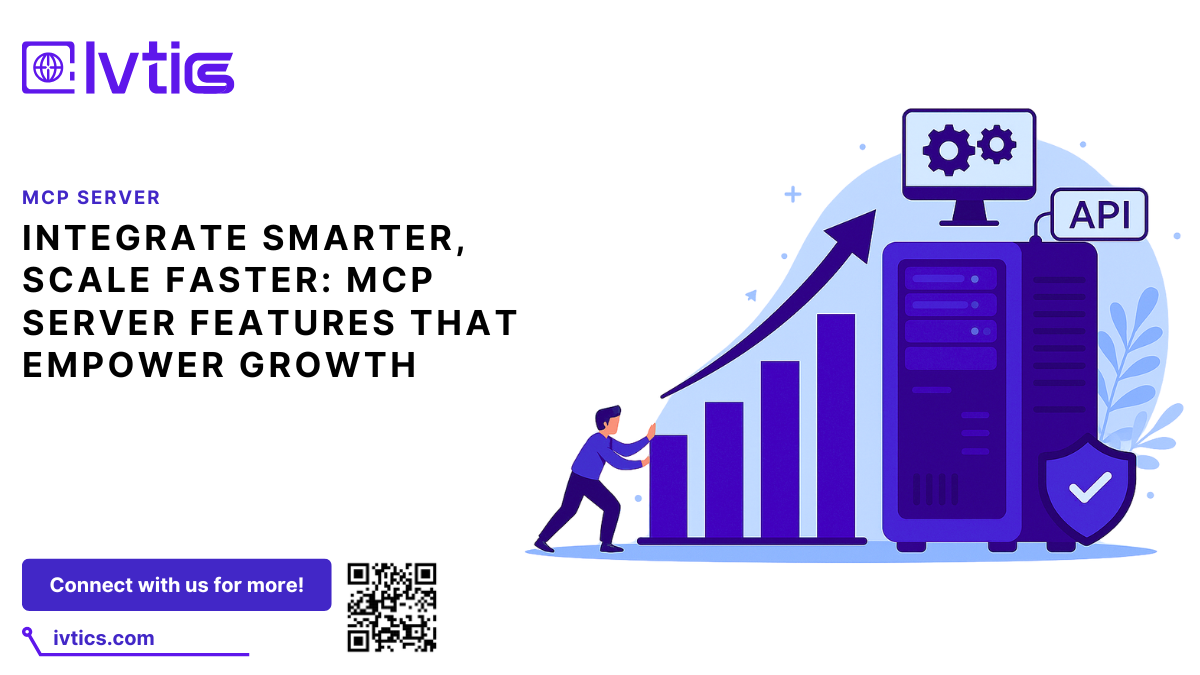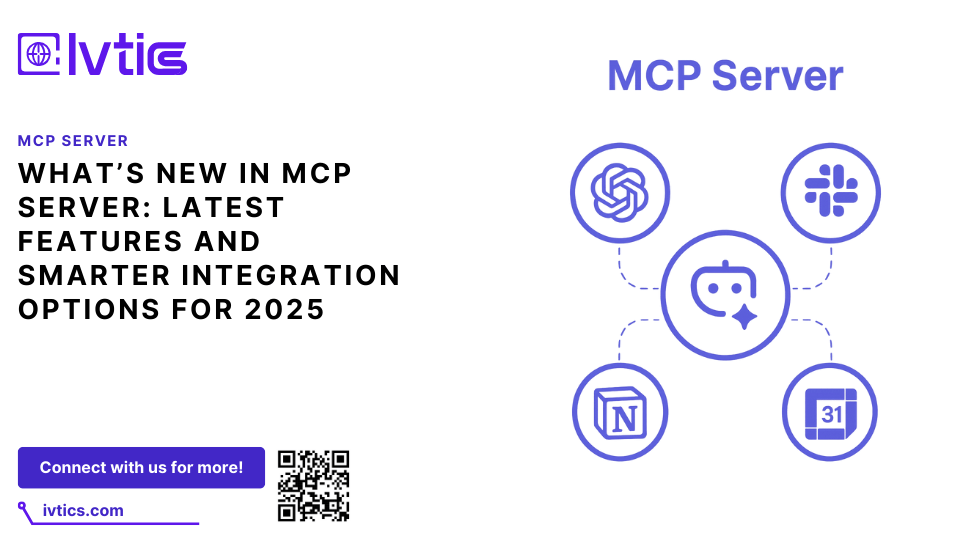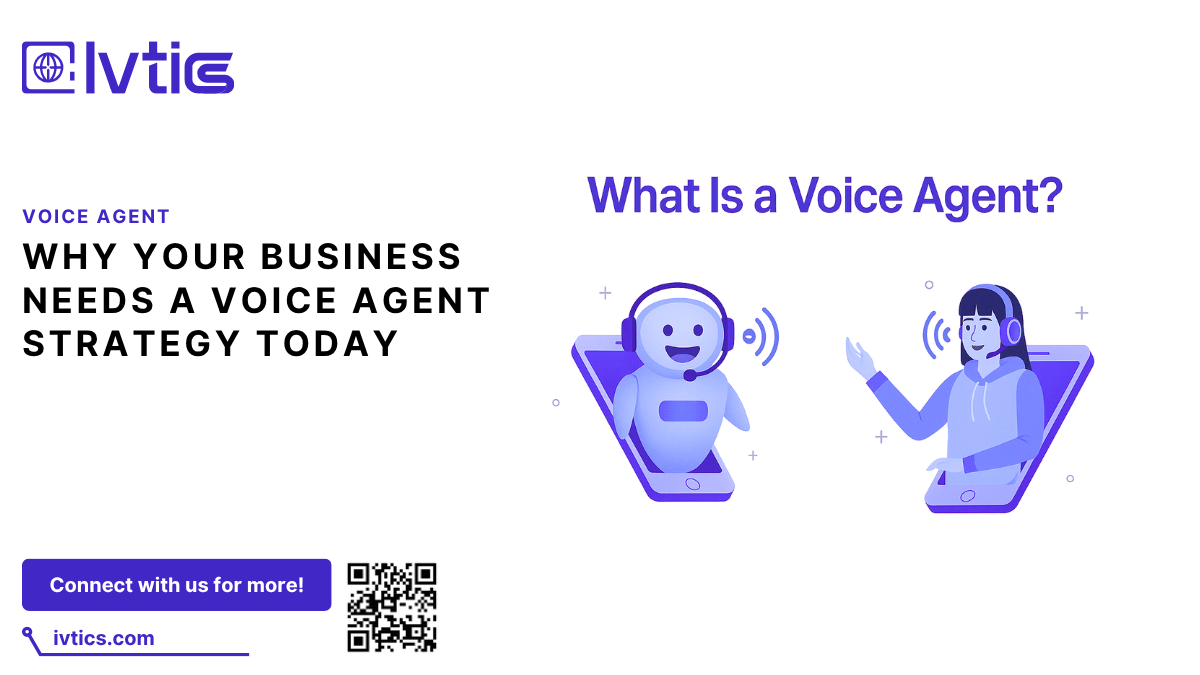Table of Contents
- What is an AI Agent?
- Core Features of AI Agents
- AI Agents vs. AI Assistants vs. Bots: What’s the Difference?
- Key Differences
- How Do AI Agents Work?
- What Are the Types of Agents in AI?
- Benefits of Using AI Agents
- Advantages of Implementing AI Agents
- Common Challenges with AI Agents
- Real-World Applications of AI Agents
- Final Thoughts
- Ready to Harness the Power of AI Agents?
In the modern digital era, Artificial Intelligence (AI) is no longer just a trending term—it’s a driving force behind major technological advancements. One of the most impactful developments within AI is the emergence of AI agents. These intelligent entities are reshaping how we automate tasks, make decisions, and enhance user experiences. But what exactly are AI agents, and how do they stand apart from assistants and bots? Let’s dive in.
What is an AI Agent?
An AI agent is a smart software system capable of sensing its environment, analyzing data, and taking actions to accomplish defined objectives—typically with little to no human input. These agents function independently, continuously learning from data, making informed decisions, and adapting their behavior over time.
Unlike traditional software programs, AI agents are built to respond dynamically to changing conditions and user needs, often integrating advanced technologies like machine learning, natural language processing, and decision-making algorithms.
Core Features of AI Agents
AI agents possess several standout capabilities that make them a cornerstone of modern automation and intelligence:
- Autonomy: Functions independently by responding to environmental inputs without constant human intervention.
- Perception: Collects and interprets information through sensors, APIs, or user engagement.
- Reasoning and Decision-Making: Evaluates situational context to select the most appropriate actions.
- Learning Capability: Enhances its effectiveness over time through machine learning techniques.
- Goal-Driven Actions: Performs tasks with a focus on achieving specific, predefined objectives.
These features make AI agents highly adaptive and capable of operating in complex, real-time scenarios.
AI Agents vs. AI Assistants vs. Bots: What’s the Difference?
While these terms are often used interchangeably, they serve different purposes in the AI ecosystem. Let’s break it down:
AI Agents:
These systems are designed to achieve specific goals and can make decisions independently. They act upon their environment to achieve specific outcomes and often integrate with other systems for intelligent task execution.
AI Assistants:
These are typically user-facing tools like Siri, Alexa, or Google Assistant. They respond to commands or questions but generally depend on predefined workflows and are less autonomous than AI agents.
Bots:
Rule-based chatbots operate through predefined scripts and commands, without the advanced learning or decision-making capabilities of AI agents.
Key Differences

How Do AI Agents Work?
AI agents function through a sense-think-act cycle. Here’s a simplified overview:
- Perception (Sense): The agent collects data from its environment—through sensors, APIs, or inputs.
- Processing (Think): It analyzes the input using algorithms, often leveraging machine learning models for deeper insight.
- Action (Act): Based on analysis, the agent takes appropriate action to move closer to its goal.
This loop is continuous, allowing the agent to adapt in real time and refine its strategies through feedback and new data.
What Are the Types of Agents in AI?
AI agents can be classified based on various criteria, including how they interact with users, the roles they play, and how many agents operate within a system. Understanding these categories helps clarify the diverse capabilities and use cases of AI agents in real-world applications.
Based on Interaction Style
AI agents differ significantly in how they engage with users and carry out tasks. Here are two primary types based on their interaction modes:
Interactive Agents (Surface Agents)
These agents actively engage with users through conversational interfaces or direct interactions. They are commonly seen in customer support, virtual assistants, healthcare guidance, and educational tools. Interactive agents respond to user inputs—whether it’s answering questions, fulfilling transactions, or delivering personalized content—and rely on user-initiated prompts to take action.
Examples include:
- Chatbots handling Q&A sessions
- Virtual tutors or coaching tools
- Assistive agents for scheduling or task management
Autonomous Background Agents (Background Agents)
Operating behind the scenes, these agents perform tasks without direct user interaction. They focus on automating workflows, analyzing large datasets, optimizing operations, and addressing potential issues proactively. These agents are typically event-triggered, processing tasks based on predefined logic or environmental cues.
Use cases include:
- System monitoring tools
- Workflow automation agents
- Predictive maintenance systems
Based on How Many Agents Are Currently in the System
AI agents can also be categorized based on whether they operate solo or as part of a collaborative system:
Single-Agent Systems
“In this approach, a single AI agent operates independently to complete tasks or solve problems aimed at a specific objective. These agents often utilize external tools or knowledge sources and are best suited for clearly defined scenarios that don’t require interaction with other agents. They typically depend on a single foundation model to analyze and respond to data.
Examples:
- A virtual assistant managing a calendar
- An AI-powered tool that analyzes business data and generates insightful reports
Multi-Agent Systems
Multi-agent systems are composed of multiple AI agents that collaborate—or occasionally compete—to achieve common or individual goals. Each agent may specialize in different tasks and use different foundational models tailored to their specific roles. These systems are well-suited for simulating complex environments, coordinating team-based actions, or modeling human-like interactions.
Common applications include:
- Simulated training environments
- Collaborative robotics
- Distributed AI for logistics or supply chain optimization
Benefits of Using AI Agents
AI agents are more than just a technological trend—they are a game-changer for industries aiming to streamline operations, elevate user experiences, and unlock smarter automation. Let’s explore the core advantages of using AI agents in real-world scenarios:
-
Efficiency and Productivity
AI agents are highly effective at handling repetitive and time-intensive tasks through automation. From data entry to system monitoring, they allow businesses to shift human effort toward more strategic, value-driven work. Their round-the-clock functionality ensures operations keep running smoothly without breaks or downtime.
-
Improved Decision-Making
By processing massive volumes of data at incredible speeds, AI agents can provide real-time insights and recommendations. This enables faster and more accurate decision-making, reducing errors and improving outcomes in everything from business strategies to medical diagnostics.
-
Enhanced Capabilities Through Integration
AI agents enhance the capabilities of language models such as ChatGPT by providing them with autonomy, enabling task automation, and granting them the ability to interact with external systems. From retrieving real-time data and managing IoT devices to executing physical tasks, these agents effectively connect intelligent models to real-world applications.
-
Social Interaction and Simulation
AI agents can simulate human-like interactions, making them ideal for virtual training, educational environments, customer service, and even companionship. They can engage users in meaningful dialogue, adapt to emotional cues, and simulate social scenarios that were once impossible to replicate with traditional software.
-
Scalability and Adaptability
Once deployed, AI agents can scale to handle increased workloads without additional human input. Machine learning enables systems to constantly evolve, adapting to shifts in user behavior and environmental changes, which enhances their intelligence and effectiveness as time progresses.
Advantages of Implementing AI Agents
Businesses and developers are increasingly adopting AI agents because of their wide-ranging benefits:
- 24/7 Efficiency: AI agents operate continuously, providing round-the-clock functionality.
- Scalability: Handle thousands of simultaneous tasks without human intervention.
- Consistency: Execute tasks with a high degree of accuracy and reliability.
- Adaptability: Learn from new data and adjust strategies accordingly.
- Cost Reduction: Minimize the need for manual labor and reduce operational expenses.
Common Challenges with AI Agents
Despite their benefits, AI agents come with a few hurdles:
- Data Privacy & Security: Managing sensitive data responsibly is critical.
- Complexity in Development: Building adaptive and scalable agents can be technically demanding.
- Interpretability: It’s sometimes difficult to understand how decisions are made, especially with deep learning models.
- Bias & Fairness: Agents can inherit and amplify biases from their training data.
- Integration Issues: Integrating AI agents into various systems demands smooth and efficient deployment.
Real-World Applications of AI Agents
AI agents are already transforming industries. Here are a few compelling use cases:
- Customer Support: Intelligent agents handle FAQs, complaints, and support tickets efficiently.
- Healthcare: AI agents monitor patient vitals and alert professionals to anomalies in real time.
- Finance: Automate fraud detection, investment analysis, and risk management.
- Smart Homes: Manage lights, temperature, and appliances based on learned user preferences.
- Cybersecurity: AI agents autonomously identify threats, analyze behavior, and take appropriate actions in response to incidents.
Final Thoughts
AI agents play a crucial role in the advancement of intelligent systems. Their ability to operate independently, learn over time, and make context-aware decisions is opening up new possibilities across sectors. As technology continues to advance, we can expect AI agents to become even more integral to how we live, work, and interact with the world.
Whether you’re a developer, business executive, or technology enthusiast, gaining a solid understanding of AI agents is essential for staying competitive in the age of intelligent automation.
Ready to Harness the Power of AI Agents?
At Ivtics, we specialize in AI Integration & Solutions that empower businesses to unlock the full potential of intelligent agents. Whether you’re looking to streamline operations, enhance customer experiences, or build next-gen AI-powered applications, our expert team is here to help you innovate with confidence.
Explore AI-driven transformation with Ivtics today.
Insights
Related Blogs
Explore the latest insights in Development, Software, and
Technology. Stay ahead with our expert tips and industry trends.

